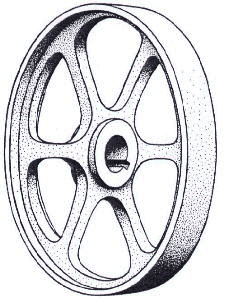 One of the traits that strong leaders and credible advisers have is the willingness to ‘own up’ to mistakes they’ve made. No one operating effectively as a project or program manager, or for that matter any type of manager making decisions can expect to be correct 100% of the time.
One of the traits that strong leaders and credible advisers have is the willingness to ‘own up’ to mistakes they’ve made. No one operating effectively as a project or program manager, or for that matter any type of manager making decisions can expect to be correct 100% of the time.
If you do something new some mistakes are inevitable. If you accept risks, some negative outcomes are inevitable. And time pressures increase the probability of error. And given project management is all about accepting and managing risks to create a ‘new’ product service or result under time and cost pressures – we probably have more opportunity to ‘get it wrong’ than most.
The generally accepted way to deal with ‘your mistake is:
- Acknowledge it (“my mistake”)
- Make restitution if needed (eg apologise)
- Learn from it
- Move on, only people who have never made anything have never made a mistake.
Conversely if someone makes a mistake involving you look for the best outcome rather than blame of revenge. We have discussed these concepts in a couple of posts:
/2008/12/13/learning-from-your-mistakes/
What is rare is a really good example of the basic steps outlined above being implemented. This changed with a publication on page one of yesterday’s Age (also reported in the Sydney Morning Herald). What could have been a bitter and dragged out defamation case – you probably cannot be more insulting these days than incorrectly accusing a Muslim of being a terrorist – both The Age and the aggrieve person applied common sense and resolved the issue in a way that would appear to have left everyone ‘feeling good’ and with a sense of closure, not to mention thousands of their readers.
If you missed the item, you can read the story at: http://www.smh.com.au/national/fairfax-media-says-sorry-20150303-13ttpd.html
Mistakes are inevitable – strong people deal with them in an appropriate way, The Age’s example being exemplary. This is a salient lesson we can all learn from.




